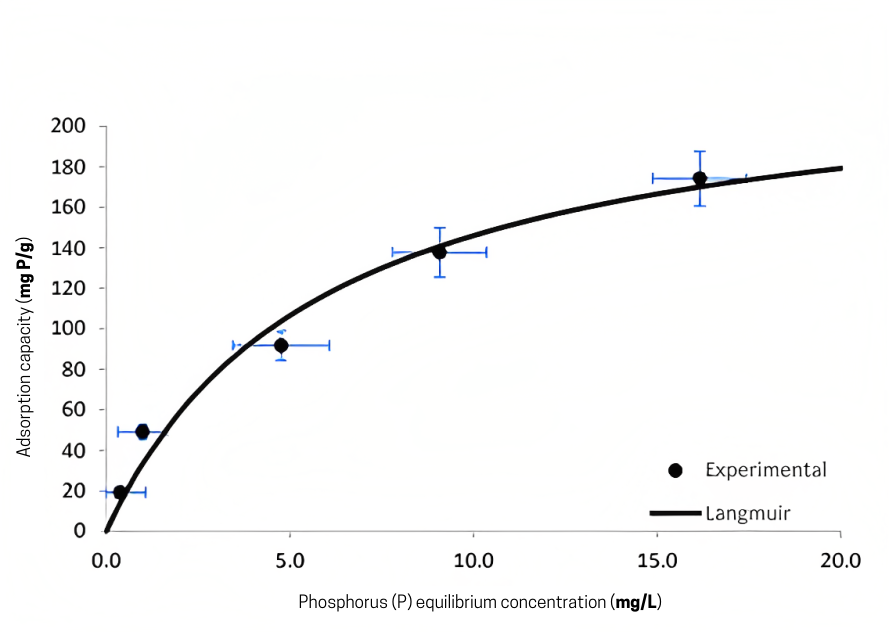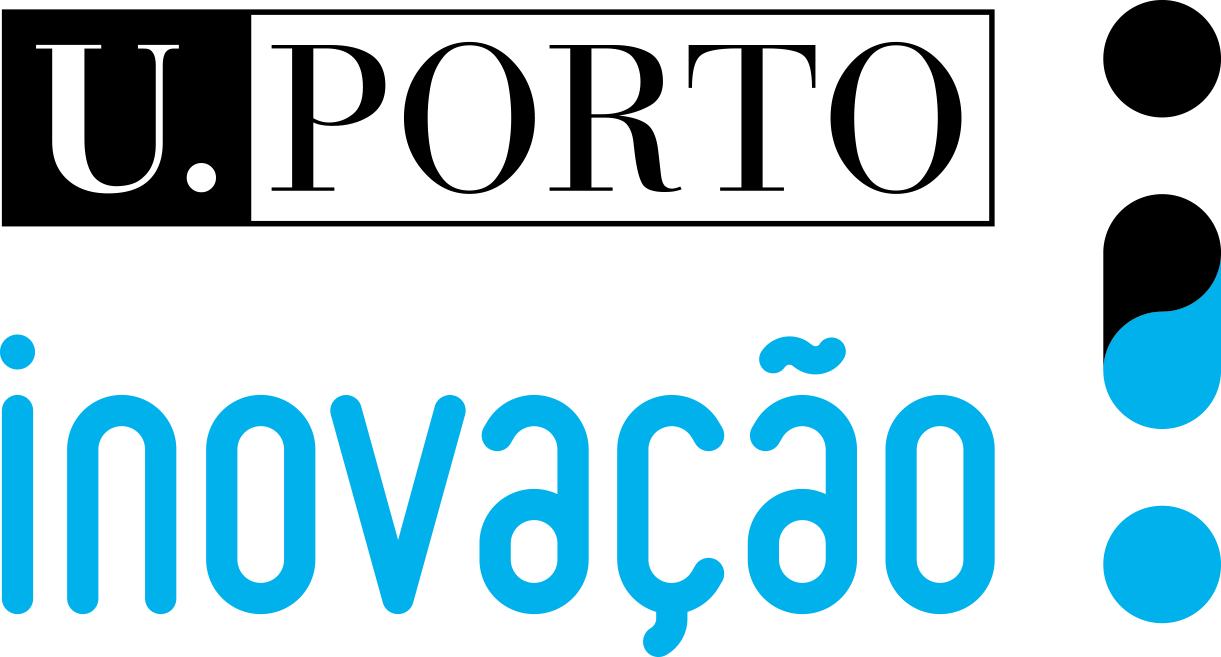
The present application describes a metal-modified cork biochar obtained from biomass pyrolysis under an inert atmosphere, aiming for phosphorus or phosphate adsorption. The biochar is modified through the use of a metal which allows the increase in its affinity towards phosphorus/phosphate, leading to a high adsorption capacity. In this sense, this product answers to the lack of existing sustainable biochars, as cork is a renewable raw material, able to efficiently recover phosphorus/phosphate from aqueous media. The described biochar can be employed as a phosphorus/phosphate adsorbent for wastewater treatment that, after application, finds utility as a fertilizer regarding soil remediation.
Cork materials and biochars obtained from biomass pyrolysis present a severe inability to efficiently remove phosphorus from aqueous media, owing to their low affinity towards this element. The development of a method to overcome this problem is of extreme importance, and the incorporation of metals in biochars substantially increases their phosphorus adsorption capacity, being this an approach with a great potential. Controlling this issue entails resolving two questions related to the phosphurus problem: its dumping into water courses, which leads to eutrophication, and its valorization as a soil fertilizer, since it is a scarce resource.
This product, which is made from byproducts of the cork industry, has a high phosphorus/phosphate adsorption capacity from residual waters and can also be applied in soil remediation after its usage as an adsorbent, resulting in a sustainable and circular solution.
Biochar industry – Added-value biochar for phosphorus recovery; Cork industry – Valorization and use of generated by-products; Wastewater treatment – Phosphorus adsorbents for its removal from industrial or municipal wastewater; Fertilizers – Phosphorus-enriched fertilizers.






